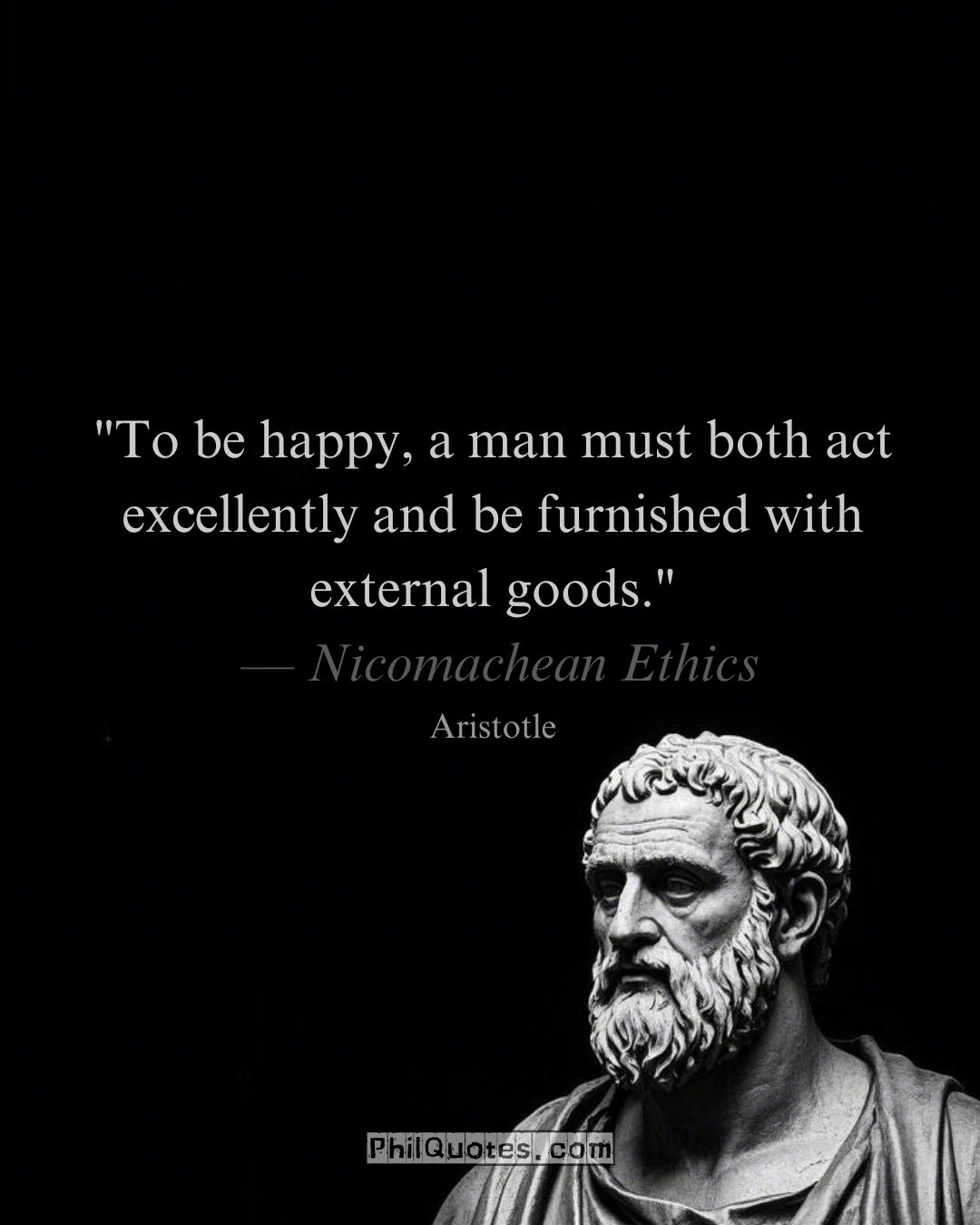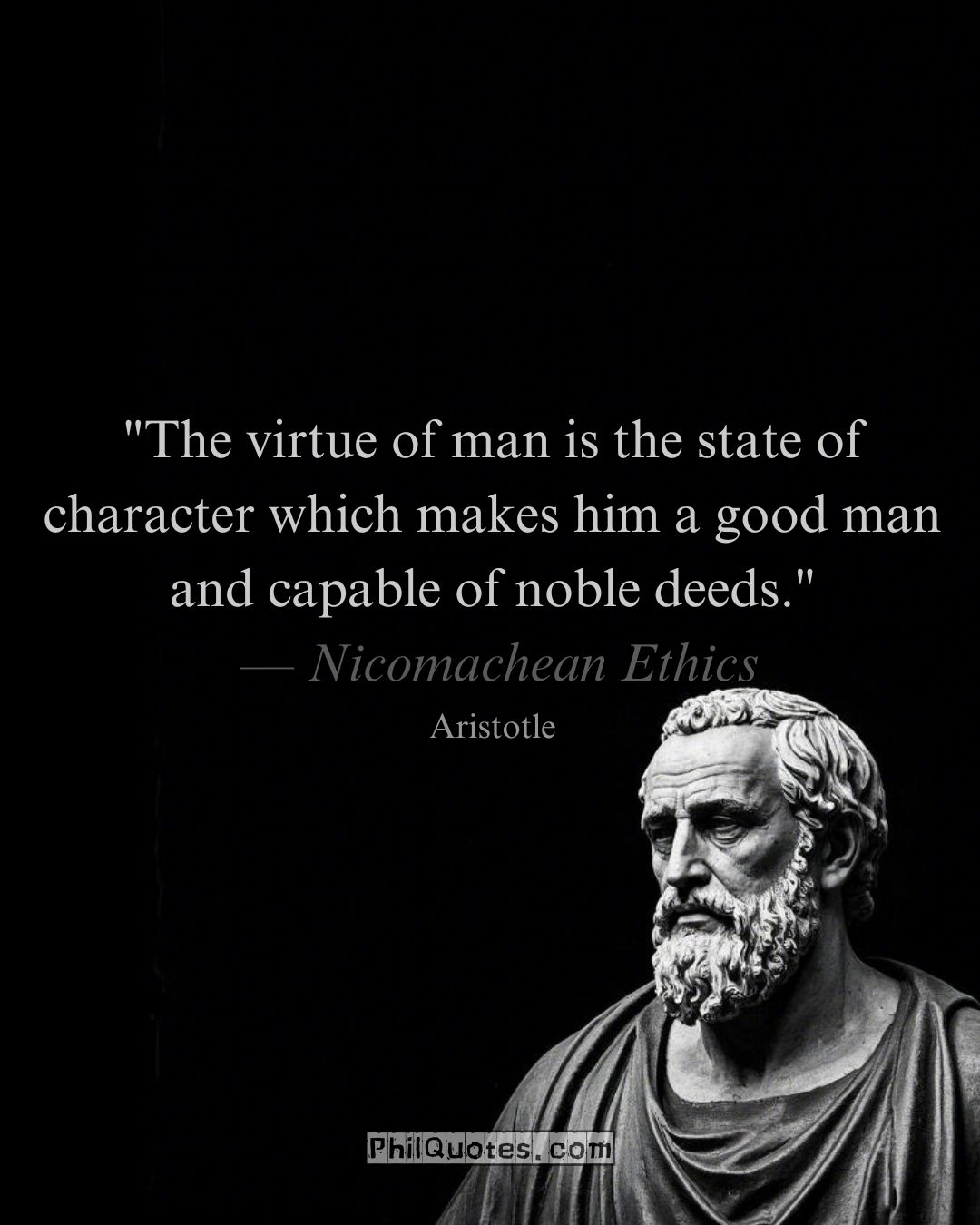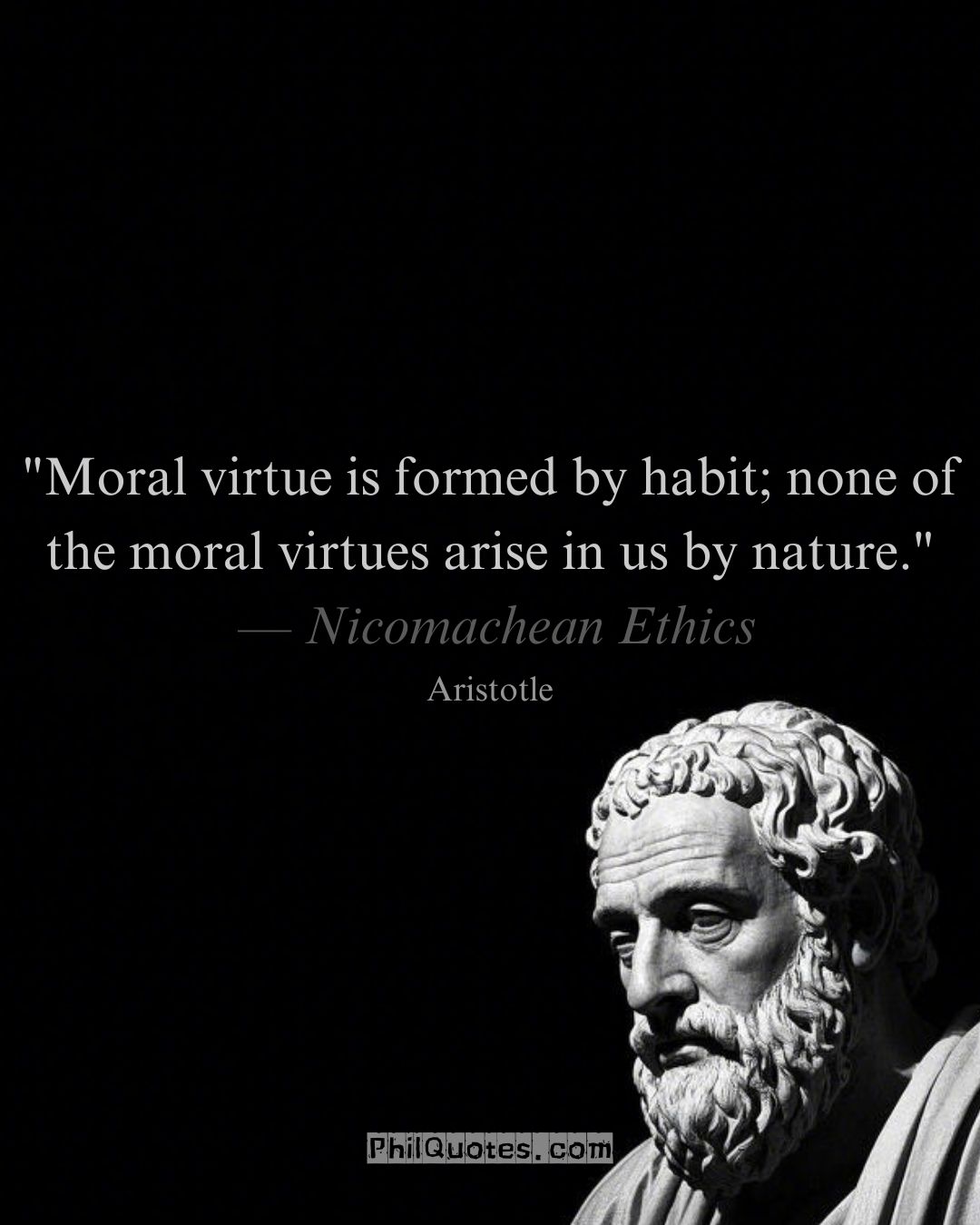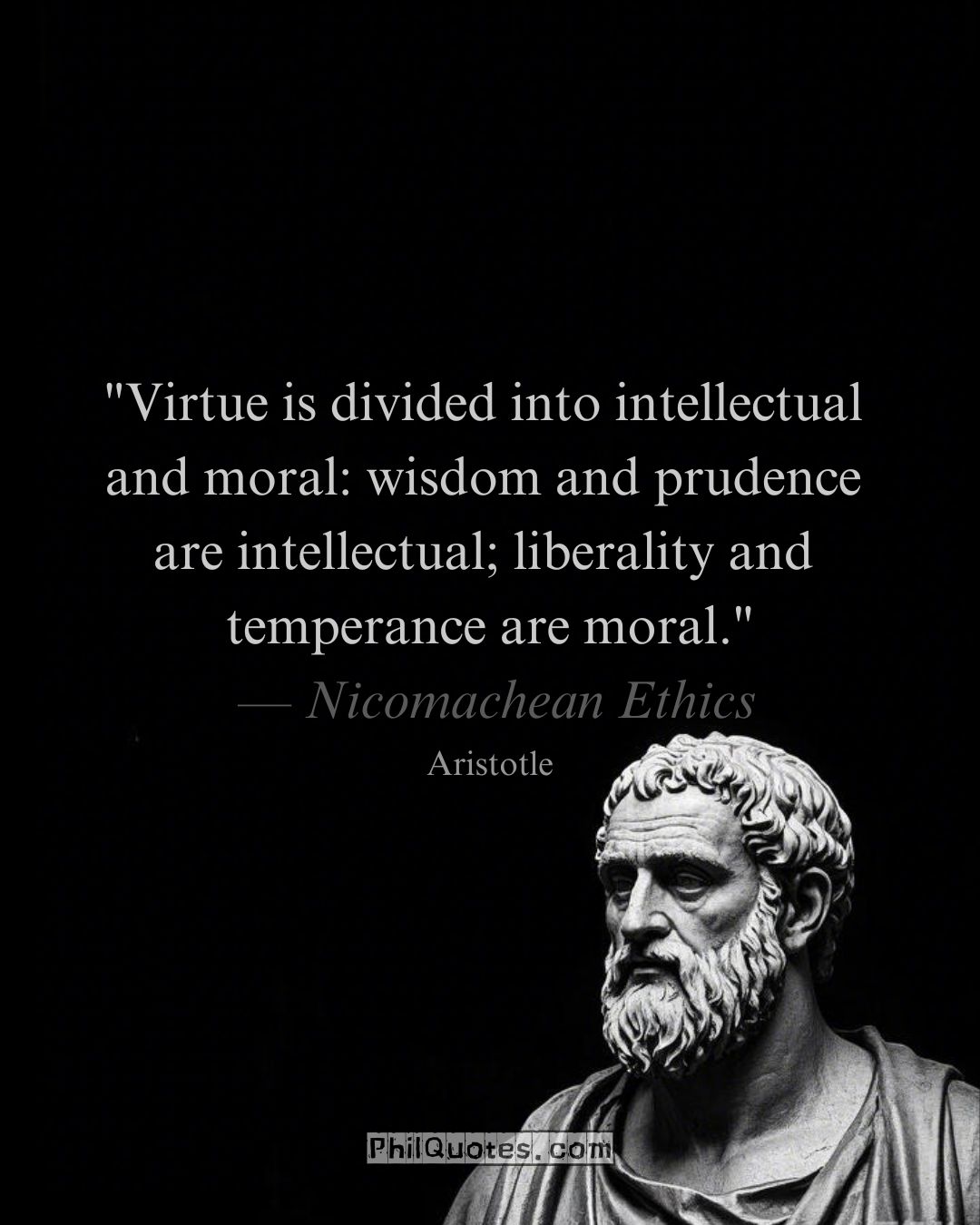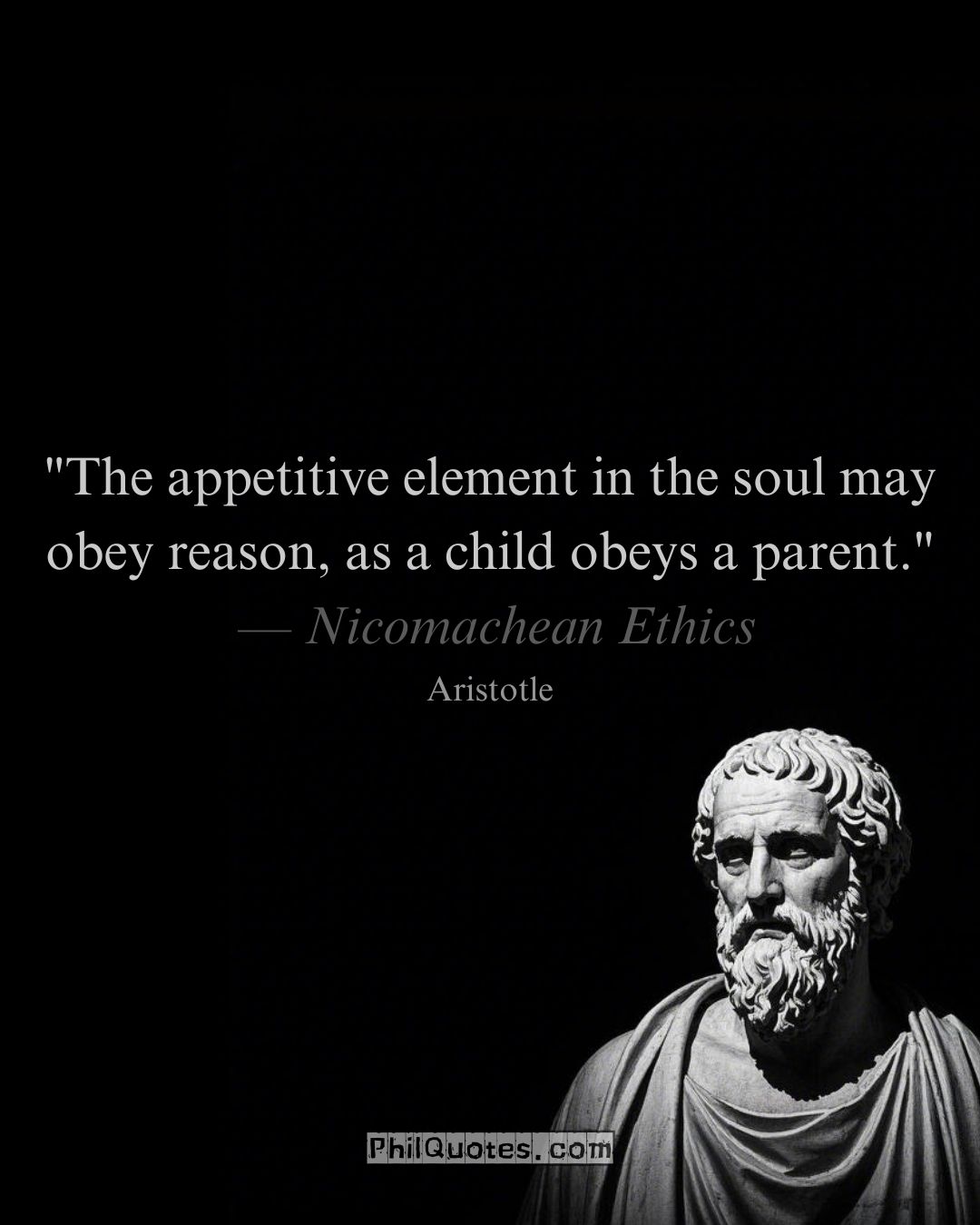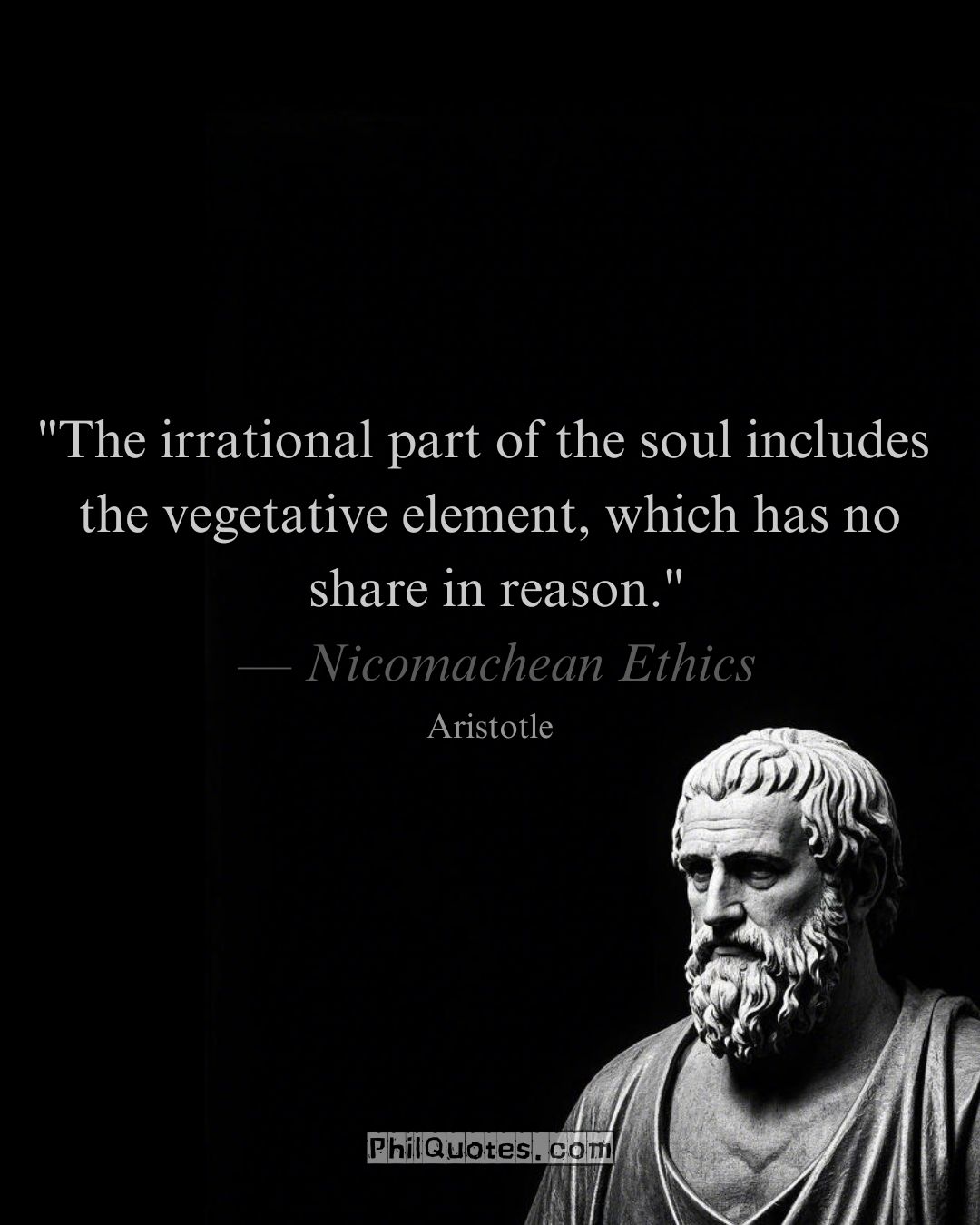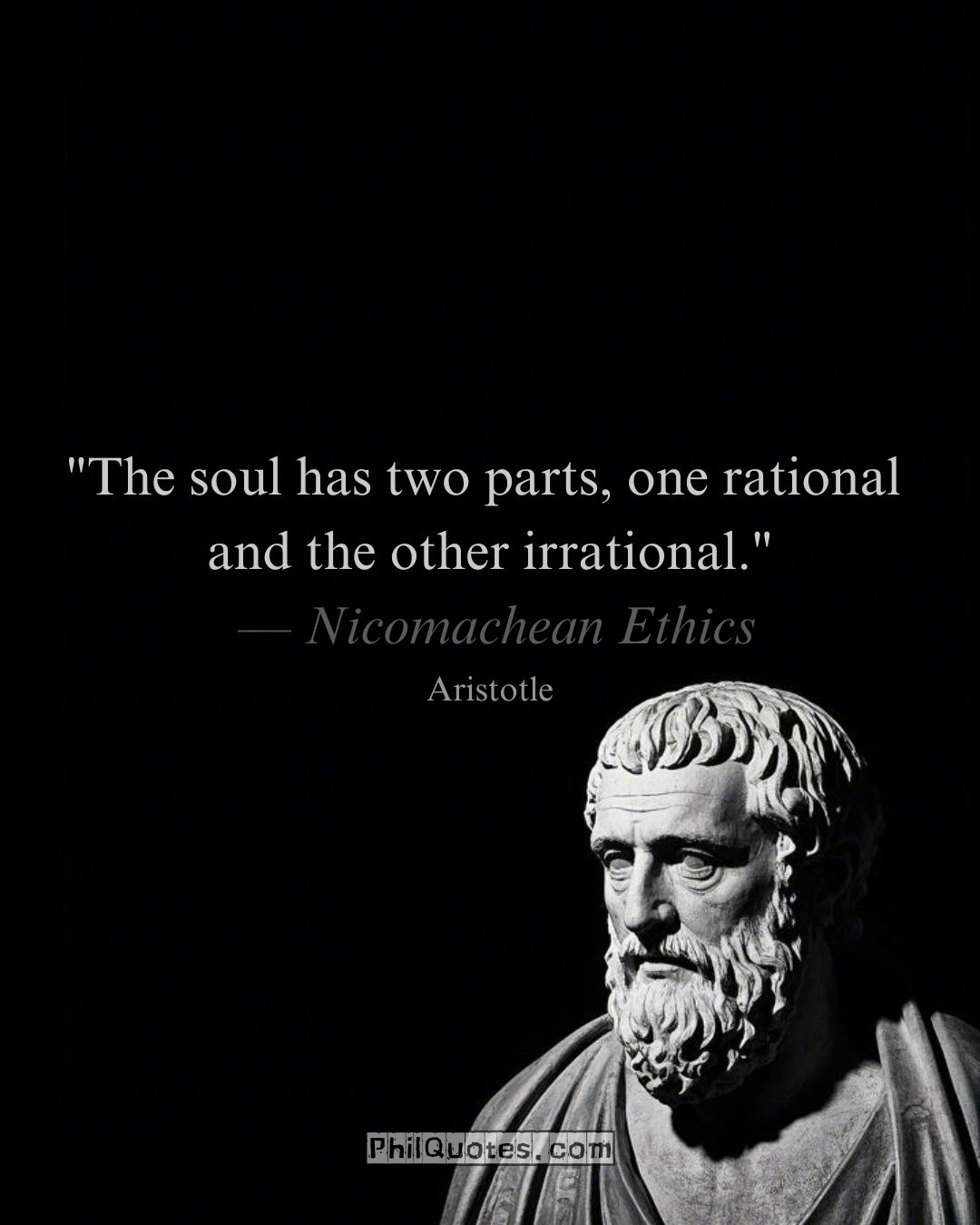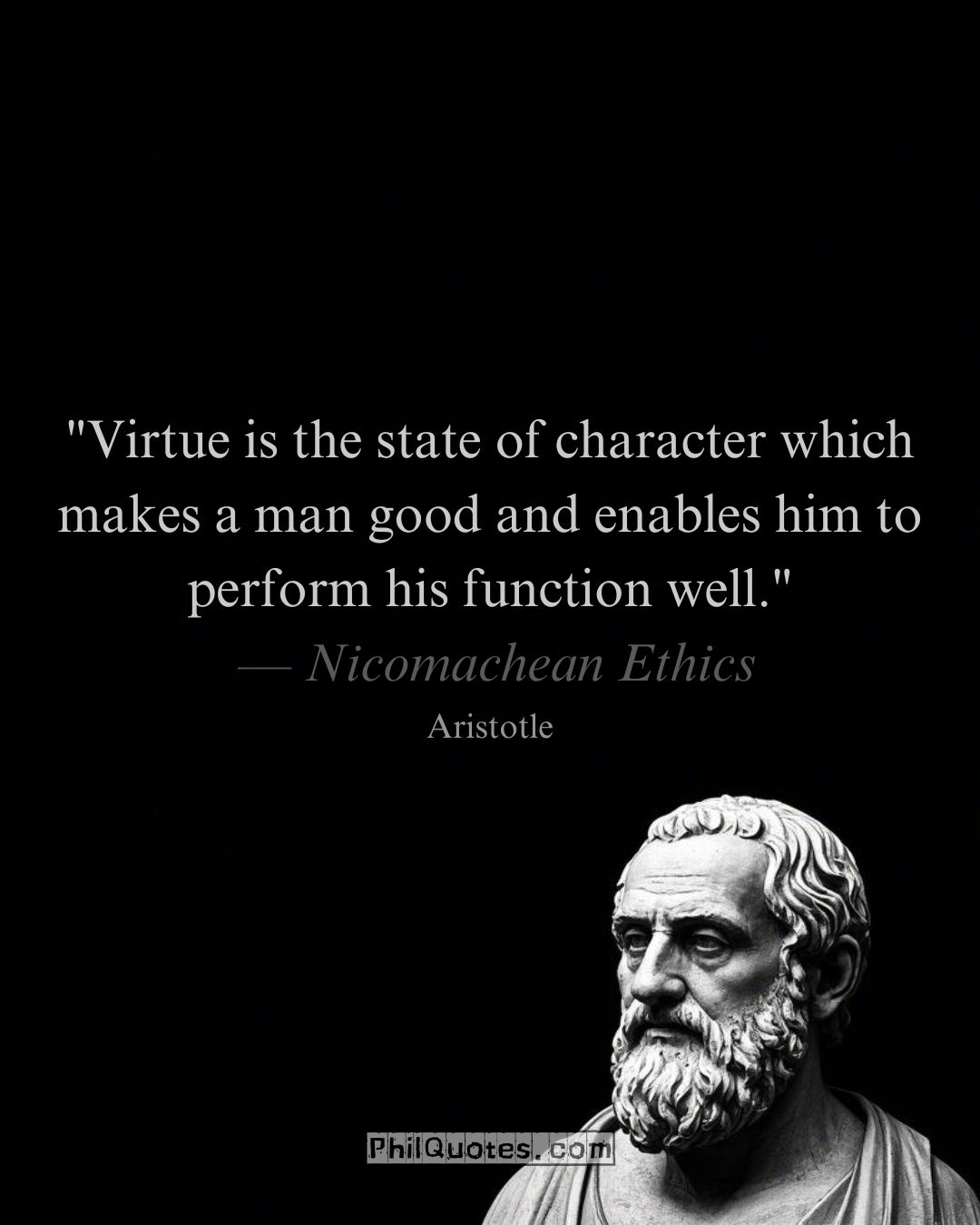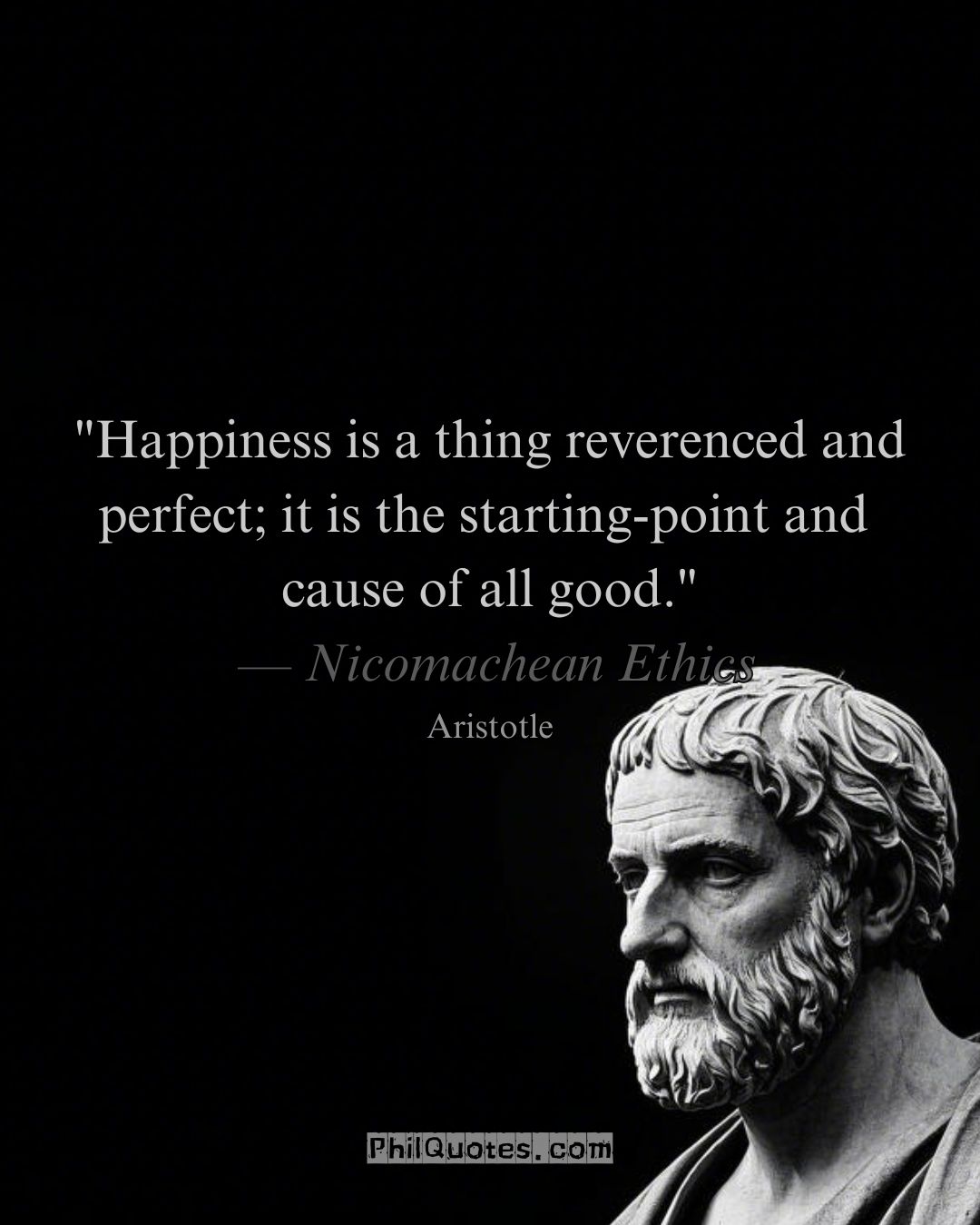Aristotle Nicomachean Ethics Quote: “To be happy, a man must both act excellently and be furnished with external goods.”
“To be happy, a man must both act excellently and be furnished with external goods.”— Aristotle, Nicomachean Ethics, Book I, Chapter 8 Explanation:Aristotle asserts that holistic happiness (eudaimonia) demands two interdependent pillars: Real-World Connection:① Social Entrepreneurship →You launch a fair-trade business (excellent action) → secure impact investment (external capital) → lift 500 artisans from poverty … Read more
